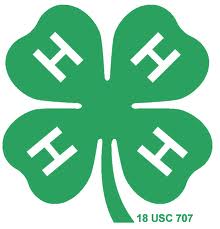It is the how and when that is important
I often confirm that knowing how to do something is just as important as when to do it. Agriculture has that particular characteristic. What makes perfect sense one time of the year can be disaster in another. A new learning process in north east Texas ranching is the understanding of when and how much to graze native grass pastures. According to extension publications from The Missouri Department of Conservation Services, native grasses used for pasture land can be divided in warm and cool season types. Cool season grasses (fescue, bluegrass) stop growing in the summer when warm season (big blue stem, little bluestem, indian grass, switch grass and other start growing. Native grasses are not knew for Texas, but their use in modern grazing systems is not very well known, since most of our grazing pasture know how is based on introduced grass varieties. There are however, many acres of native grassland in Hopkins County dedicated to wildlife projects and bio-reserves. According to extension publications, the optimal time to graze native grasses in rotational bases and steer operations is between June-October depending on the type of pasture (mixed stand or warm season grasses) or before flowering finish. Once grasses turn into flowering, the quality and quantity of yields diminishes.
Hopkins County Steer Validation for NETLA Show: September 26 , 2015
The county steer committee has announced the validation date for the Hopkins County NETLA Show for September 26, 2015 at Dairy Health Services between 4:00 and 5:00 PM according to NETLA Steer Superintendent Mr. Tammy Giles. At this time and date, all participants feeding steer s interested in participating in the NETLA show next year must bring their project, submit paperwork, pay the validation fee and have animals tagged. All participants must have quality counts numbers before validation (see extension office if showing with 4-H or FFA advisors). All 4-H members validating project must be enrolled in 4-H BEFORE validating projects including steers. For more information on this or any other agricultural topic or question please contact the Hopkins County Extension Office at 903-885-3443 or email me at [email protected].









